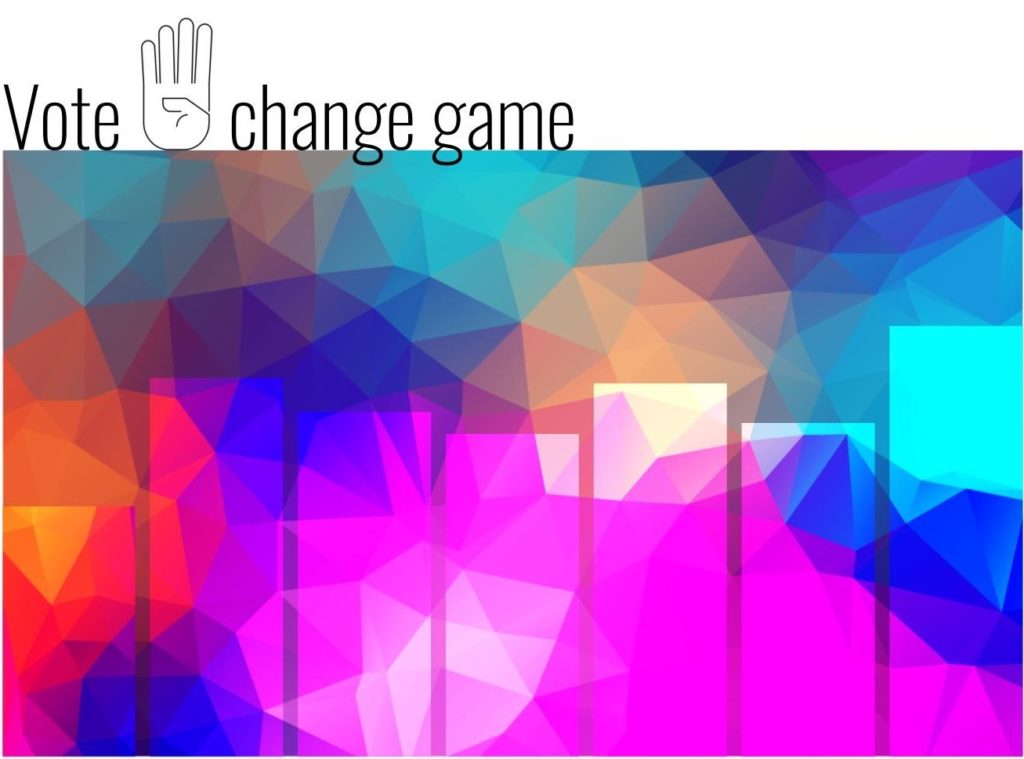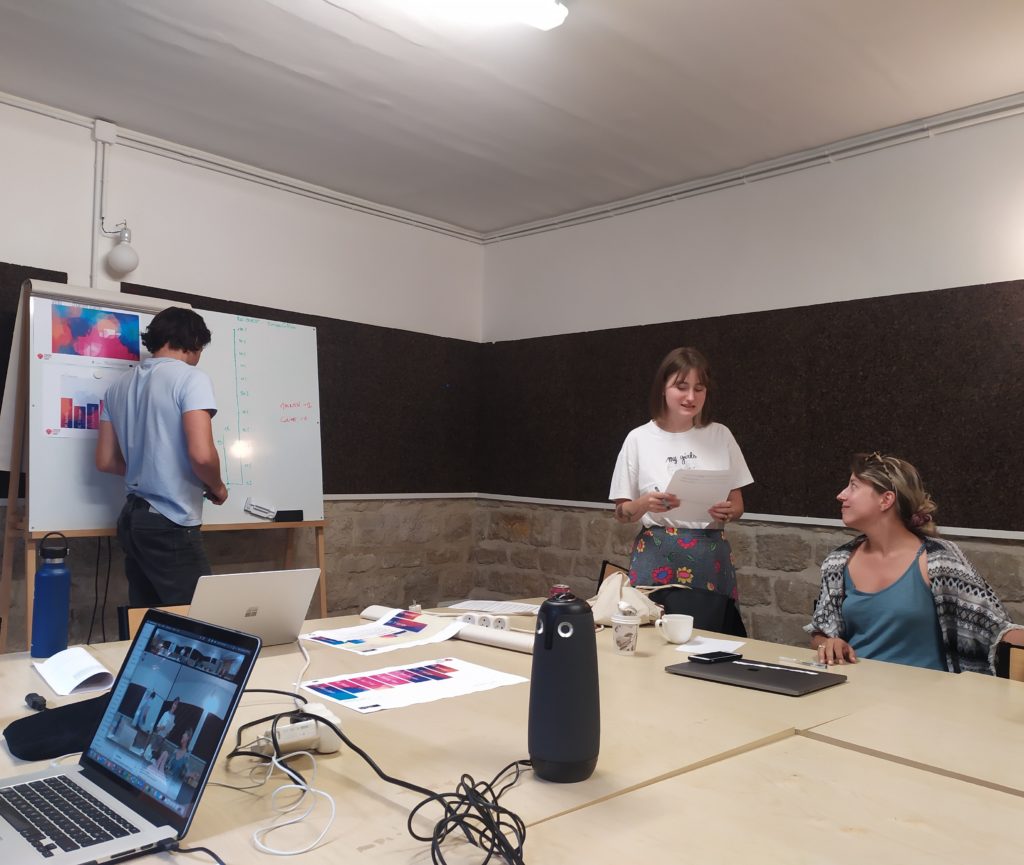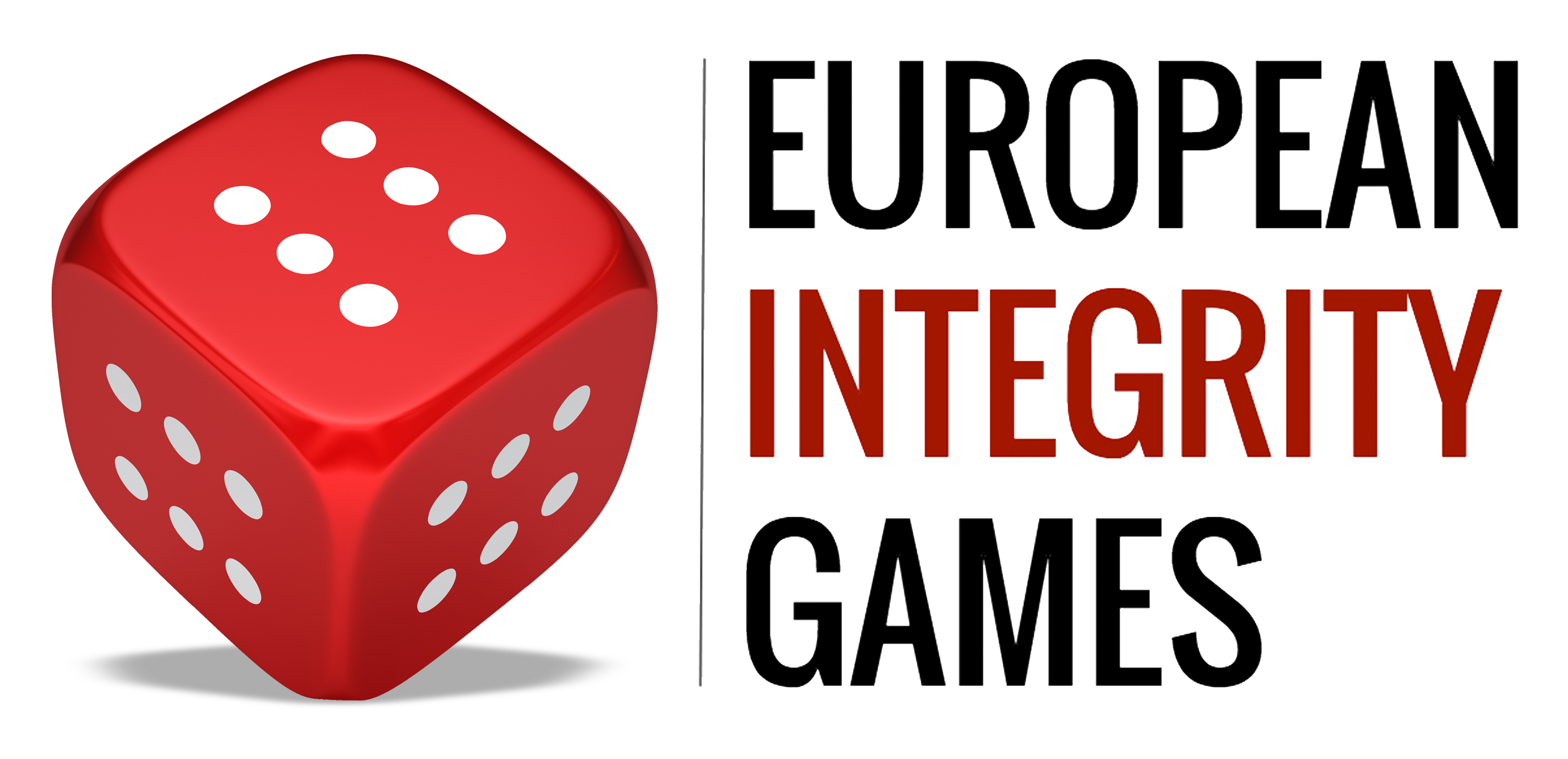e-Governance Games
These games address the topics of e-governance, integrity and fraud in the voting processes, both traditional and digital. In these games, the players are immersed in an important election in which they are candidates. To win this election, they will have to answer questions, make important choices, debate with each other. These games aim to inform citizens about the benefits and risks of electronic voting in relation to the already-known risks of traditional voting.
To allow any citizen to enjoy this playful yet educational experience, we have developed 2 types of games, based on a similar scenario:
Additional resources are also available to deepen the topics covered.
The games were created in collaboration by La Transplanisphère (France) and ExQuorum (Portugal)

Focus on e-Governance
e-governance refers to the application of communication and information technology to government services. It is about simplifying the administrative process and increasing efficiency and transparency.
The topic of e-governance is wide and concerns many aspects of society (public services, administration, democracy…). To bring the theme of e-governance into play, the partners chose to focus on the issue of voting. Should societies continue to use traditional ballot and count systems, or should they turn to new electronic uses?
Whether paper or electronic, voting raises all sorts of integrity and fraud issues. These games aim to inform citizens about the benefits and risks of e-voting compared to the risks of traditional voting.
Although there is ample evidence that e-voting can help combat fraud by improving transparency, the fear of hacking or hijacking makes citizens in many countries reluctant to accept this system. These games will promote a better understanding of paper and electronic voting, and enable citizens to develop more informed and nuanced opinions.
By offering an interactive experience in which the players become actors in these issues, the partners hope to touch citizens on an emotional level and thus stimulate their interest to learn more about the subject.


A participative and educational scenario
In the board game, the players embody a group of candidates running in an important election. The goal is to win the election by earning the most voting points. You will have to conquer the voters’ hearts through 4 rounds: the campaign, the election day, the counting and the announcement. During the game, each of you will have to endorse a role that will influence your choices and trigger different consequences.
To win this competition, you will have to answer questions, debate with each other, convince your voters through public speeches, and make important choices. But as in all elections, scandals will erupt and unpredictable events will disrupt your electoral strategies!
Through this multi-phase journey, you will learn about different aspects of electoral fraud and voting processes.
The digital game is an adaptation of the board game for a single-player experience. As a candidate, you will have to win an election, by answering questions about voting, elections, frauds, and e-governance. Events will change the course of the game and you will have to make important choices. Based on a simple mechanic, you will go through successive screens according to your answers and choices.

2 types of games
This game can be played by any group of citizens for free, thanks to a downloadable kit. This kit includes all the necessary elements to set up the game. It guides you step by step in the installation and in the animation of the game.
This game is a digital adaptation of the board game. Based on a simple and accessible mechanic, it offers a single-player experience through a series of interactive screens. Anyone can download the game for free on their computer.
To complete this pedagogical experience, additional resources are also available to dig deeper in the topics explored. They include explanatory videos, experts interviews, articles on the e-governance and voting processes topics.
